TO BE LIKE “CHEESE ON MACARONI”?
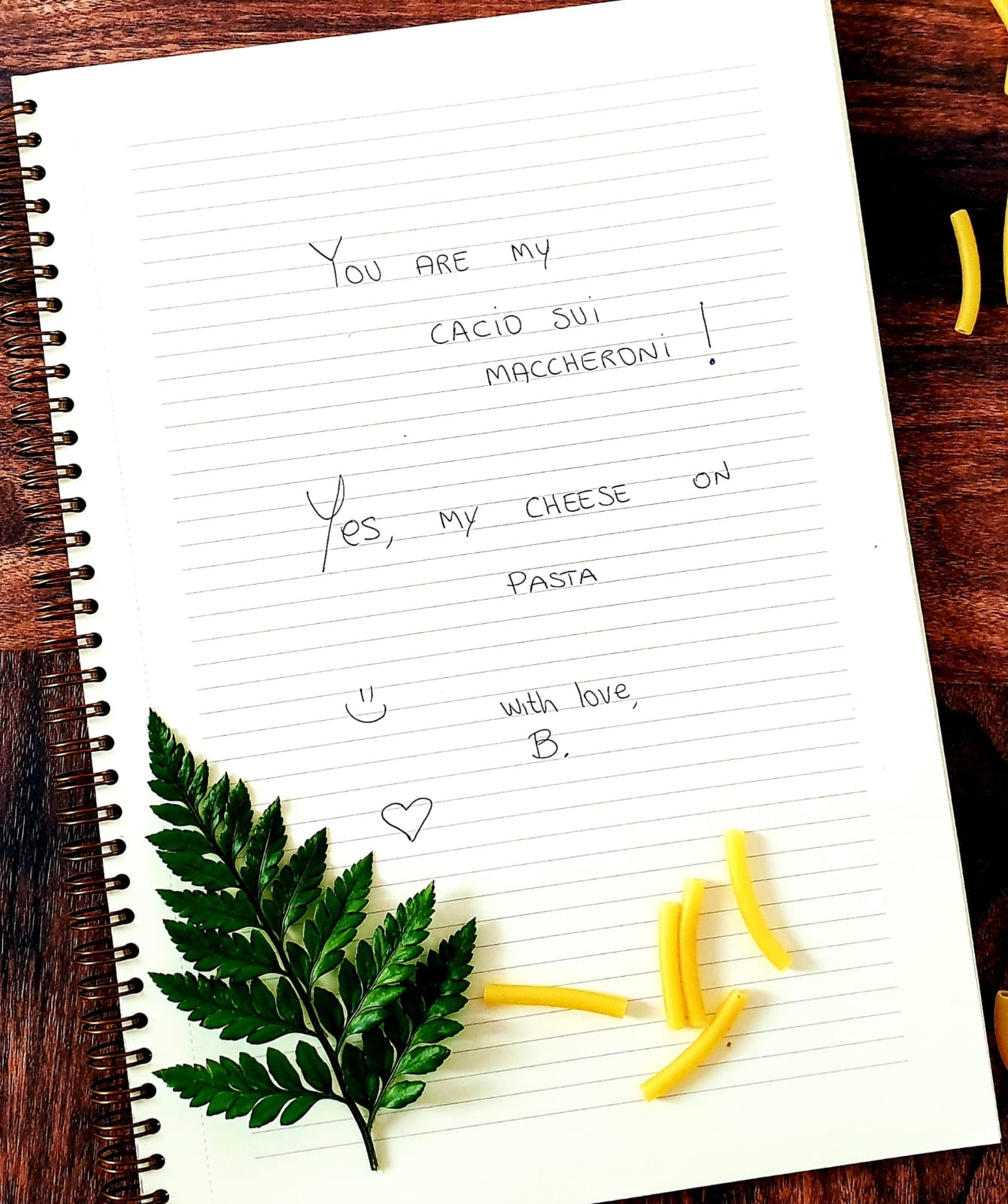
SAYINGS AND ITALIANITY
When it rains heavily, cats and dogs are falling from the sky in English (Raining cats and dogs).
In German, thumbs are pressed to wish good luck (Daumen drücken).
In France, on the other hand, you should turn your tongue seven times before speaking (Il faut tourner sept fois sa langue dans sa bouche avant de parler).
These expressions might not make sense to foreigners, but are in fact just typical expressions of each language.
In “Bel Paese” dogs and cats will never fall down from the sky when it rains, but the rain is “a catinelle” (as if someone would pour water from the sky).
You cross your fingers to wish good luck (without pressing your thumbs) and count up to 10 before speaking (without turning your tongue like French people).
Each language has its own idioms, fascinating linguistic expressions that represent a unique combination of history, culture and tradition.
In fact, the past of a people hides in every word, every phrase, and every idiomatic expression.
To better understand idioms in Italian language, we met Ester, an Italian teacher at “con ester Vivitalia” in Nuremberg.
Ester and her school “con Ester Vivitalia”
Ester is a very sunny and positive person. Her eyes reveal the emotions and passion she has when she talks about Italy. Her voice is charismatic and full of energy.
We are fascinated by her professionalism and her many ideas.
Born and grown in the province of Milan, she moved to Germany in 1998 and began teaching Italian in language schools and companies in Bavaria.
In 2014, she turned her passion into a job and opened a language school in the Old Town of Nuremberg.
Ester lives her job almost like a mission: through her work and her school she wants to let foreigners experience Italy (“vivere l’Italia”). Not only by language skills, but above all by an authentic knowledge of the Italian way of life.
That’s why her classes are very special. It’s not just about typical grammar lessons in a classroom. Ester also offers her students practical workshops in Italian cafés, bars, restaurants and supermarkets.
SAYINGS
As Ester tells us in an interview, a saying is a grammatically anomalous expression. It is a sentence that has a symbolic and figurative meaning which is different from the literal one.
Ester explains to us how important it is in order to understand the meaning, to be part of the linguistic and cultural context of the place where a phrase is born, that differs not only from language to language but also from dialect to dialect.
In fact, each region in Italy has sayings that can only be really understood by those born and raised in a particular city and who have a particular social and cultural background connected with the place.
Knowing about her knowledge and experience we asked her a few questions:
Where do sayings come from?
“Sayings come from the daily life. We have sentences related to work, craft activities, the phases of nature, of the year and geographical locations.
There are more modern sayings that even deal with sports and football.
Without forgetting that, of course, so many idioms in Italian have to do with food and cooking.”
Can you tell us some Italian sayings related to food?
“In Italy we say, to be as kindhearted as bread (essere buono come il pane), to be as full as an egg (essere pieno come un uovo) or even turn the omelette (girare la frittata), which means you change the version of an event to make it favorable for yourself.
We also say it is like cabbage as a snack (c’entrare come il cavolo a merenda). Nobody snacks on cabbage. Therefore, that means that what is said does not have anything to do with the context we are talking about.”
Which saying best represents the Italian cuisine?
“In my opinion, the saying that most represents us is „essere come il cacio sui maccheroni” (to be like cheese on macaroni).
Cheese and macaroni are in perfect harmony! If we want to say that something is perfect, that it happens at the right time, in the right way and in the right place, we can say that “è come il cacio sui maccheroni.”
You are originally from the province of Milan. Can you tell us a typical dialect saying from this area?
“Restà cumpagn de quel de la mascherpa”: to remain like the “mascherpa”.
The literal meaning makes less sense. The figurative one instead is to remain stunned, to be surprised. It comes from the reaction of the milkman, who is at a certain point in front of the lab while mixing the milk.
The milkman has been waiting too long. Continuing mixing, he produced Lab (Mascherpa, Mascarpone, Formagella) and not milk. This phrase, which is still used today, derived from this ancient work.
Sayings and languages express authenticity of a territory, along with traditions, craftsmanship, cuisine and manufacture.
Thanks Ester for sharing your knowledge with us. Follow her here on Social Media.
Discover an authentic Italy. Through artists and craftsmen, experience the traditions of each region first-hand. Have a look at our experience.
Or proceed by choosing an Italian region or one of the five senses to which anyways.experiences are dedicated.
Do you want to discover other characteristics of the Italian culture, language and traditions?
Follow our blog “Curiosities”.
Are you interested in typical recipes of the Italian cuisine?
Discover our blog “Italian cuisine“.

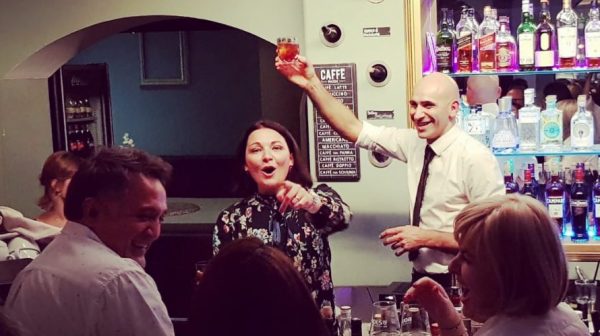
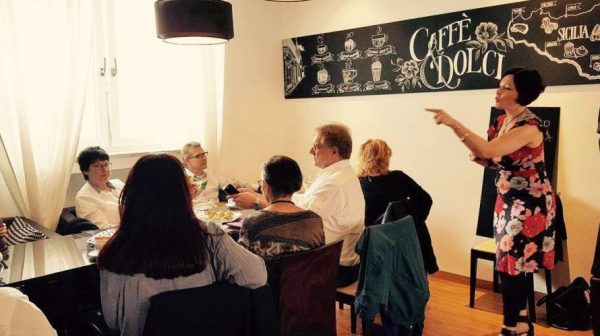
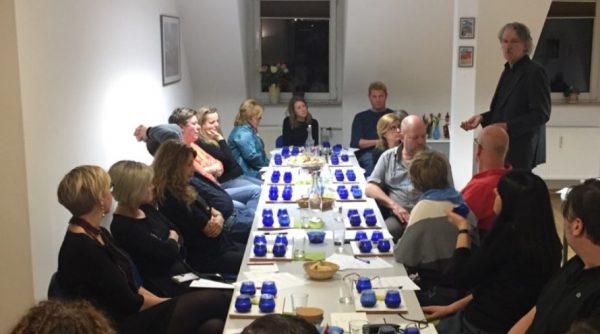
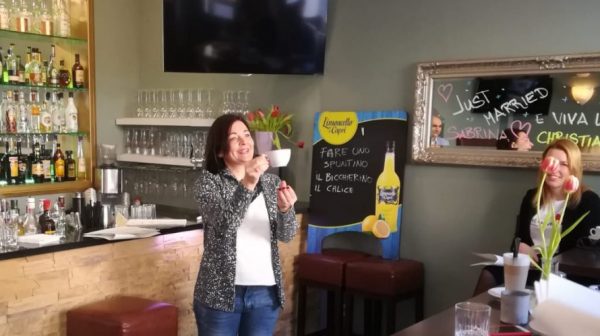
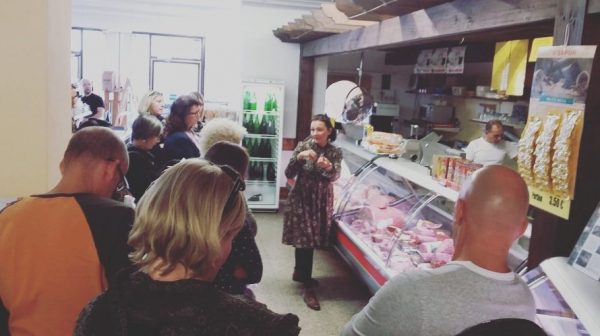
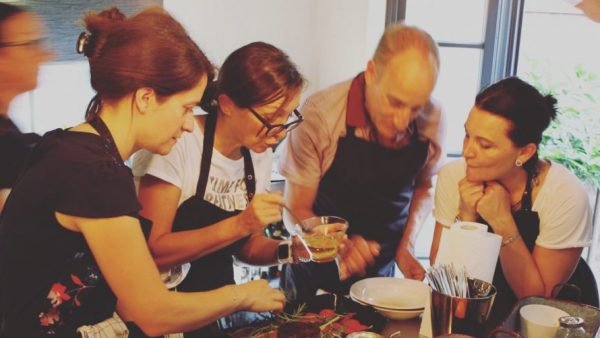

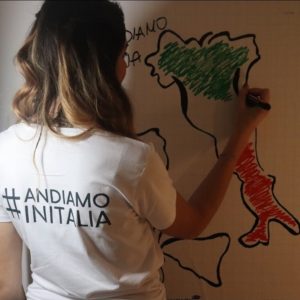

Add your comment